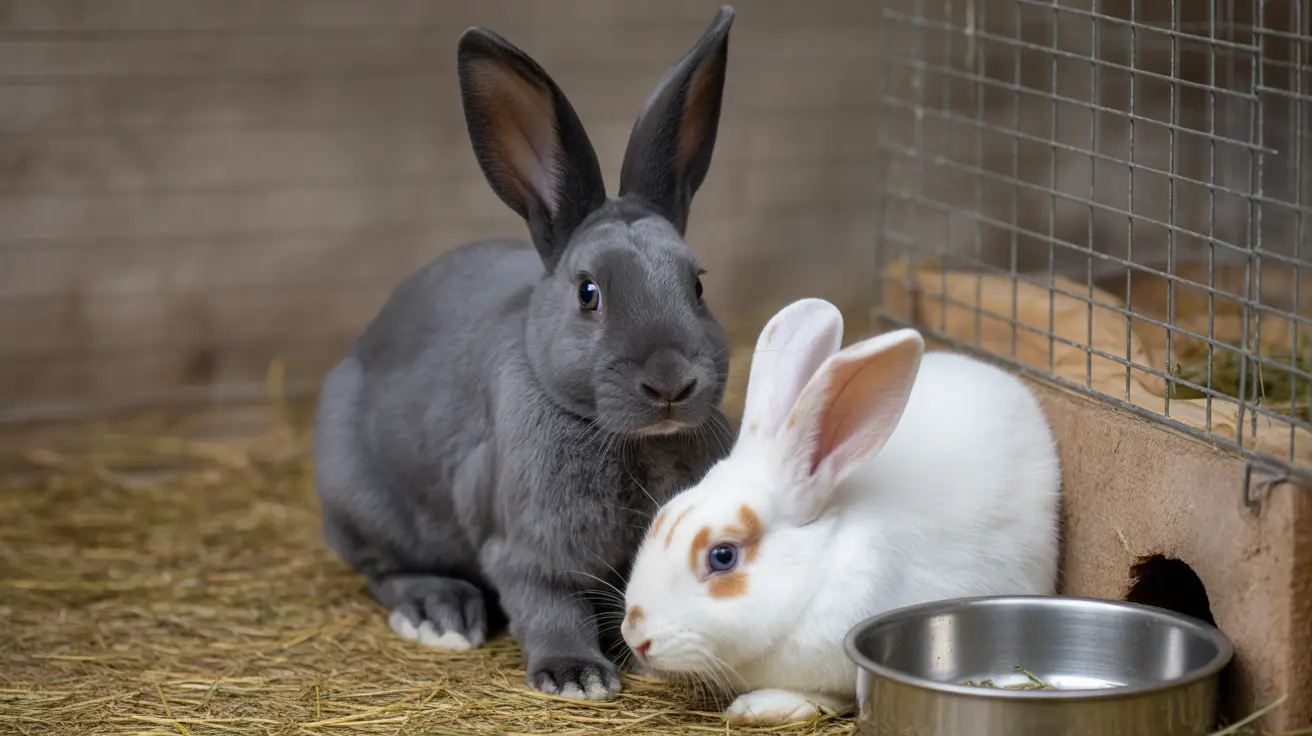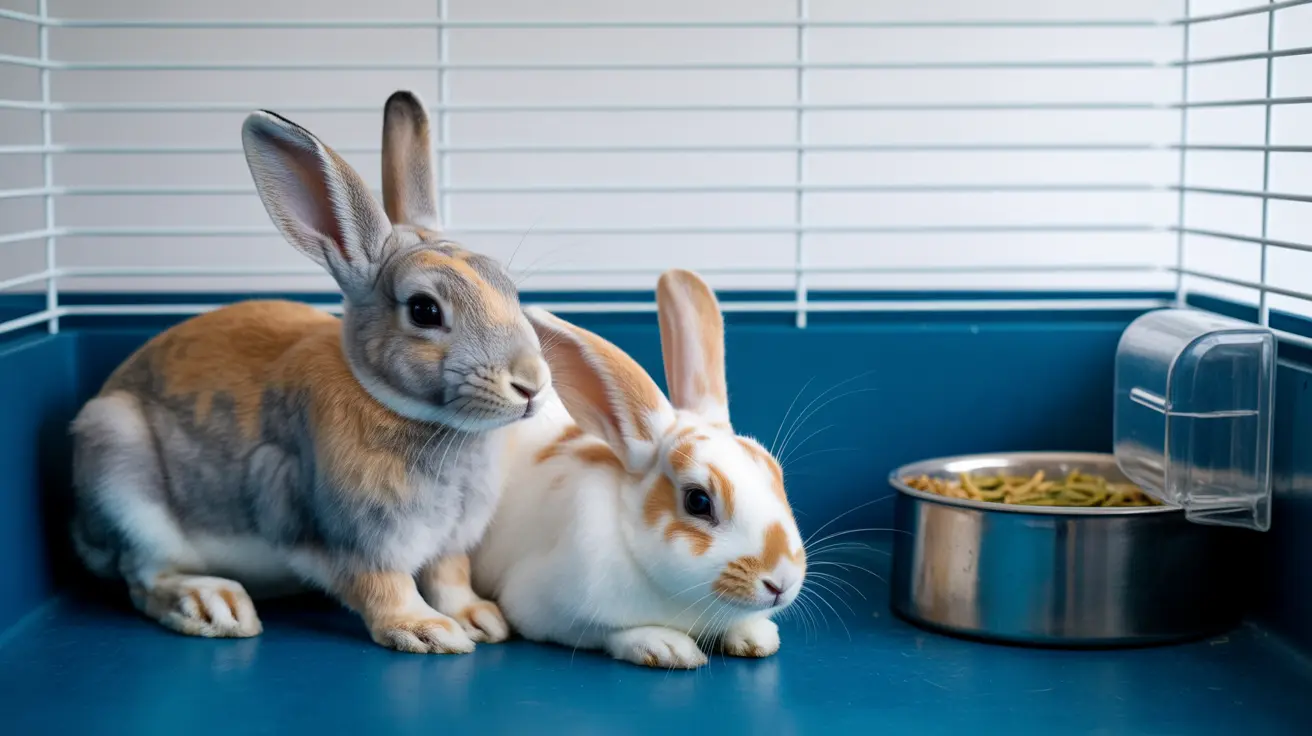The Alabai Dog Breed: Origins, Traits, and Temperament
The Alabai, more formally known as the Central Asian Shepherd Dog, stands out among large dog breeds for its commanding presence and deep-rooted history. This breed has protected livestock and property across Central Asia for centuries. With their imposing size and strong-willed nature, Alabais are both respected guardians and loyal companions.
History and Origins
Alabais hail from the vast steppes of Central Asia, including regions now part of Turkmenistan, Kazakhstan, Uzbekistan, Kyrgyzstan, and surrounding countries. For generations, nomadic herders relied on these dogs to guard sheep and goats against predators such as wolves and bears. Their lineage traces back thousands of years—some experts consider them one of the oldest surviving Molosser-type breeds.
- Ancient roots: Bred for endurance in harsh climates
- Traditional role: Livestock guardian and protector of property
The breed’s development was shaped by natural selection rather than human intervention. Only the strongest and most vigilant dogs survived to pass on their genes.
Physical Characteristics
The Alabai is instantly recognizable due to its sheer size and robust build. Males typically weigh between 110–170 pounds (50–77 kg), while females are slightly lighter but still substantial. Their bodies are muscular with broad chests and powerful limbs.
- Coat: Dense double coat that can be short or medium-length; colors include white, black, brindle, fawn, gray, or a mix.
- Head: Massive with a broad skull; pronounced stop; strong jaws.
- Ears: Traditionally cropped in some regions (though this practice is now discouraged or banned in many places).
Their thick fur protects them from extreme weather—hot summers or frigid winters pose little challenge to these hardy dogs.
Temperament and Personality
This breed is known for its independence and intelligence. Alabais have a calm demeanor but remain alert to anything unusual in their environment. They’re naturally wary of strangers but deeply devoted to their families.
- Loyal: Forms strong bonds with owners; protective yet affectionate at home.
- Courageous: Will not hesitate to confront threats—even large predators.
- Independent: Thinks for itself; sometimes stubborn or aloof with commands it deems unnecessary.
An Alabai’s temperament makes early socialization crucial. When raised with children or other pets from puppyhood, they can be gentle giants—though supervision is always recommended due to their size and strength.
Caring for an Alabai
This breed requires an experienced handler who understands large guardian dogs’ unique needs. They thrive on having a job—idle Alabais may become bored or destructive.
- Exercise: Needs daily walks and secure space to roam; not suited for apartment living.
- Mental stimulation: Enjoys tasks like guarding property or herding livestock; benefits from training sessions that challenge their minds.
Their coat sheds seasonally but only needs moderate grooming—a weekly brushing usually suffices except during heavy shedding periods. Regular health checks are important since large breeds can be prone to joint issues like hip dysplasia.
Training Considerations
Alabais respond best to firm yet respectful training methods. Harsh discipline can backfire; instead, use positive reinforcement paired with clear boundaries. Consistency is key—these dogs need to know you’re in charge without feeling threatened or disrespected.
- Puppy classes help with socialization around people and other animals.
- Obedience training should begin early before they reach full size (which happens quickly!).
Who Should Own an Alabai?
This isn’t a breed for first-time dog owners or those seeking a laid-back pet. The ideal owner has experience with working breeds and can provide ample space plus purposeful activities. Rural homes with secure fencing suit them best—they’re happiest when they have territory to patrol or livestock to watch over.
- If you want a loyal protector willing to risk everything for your safety—and you’re prepared for the responsibility—the Alabai could be a rewarding companion.





